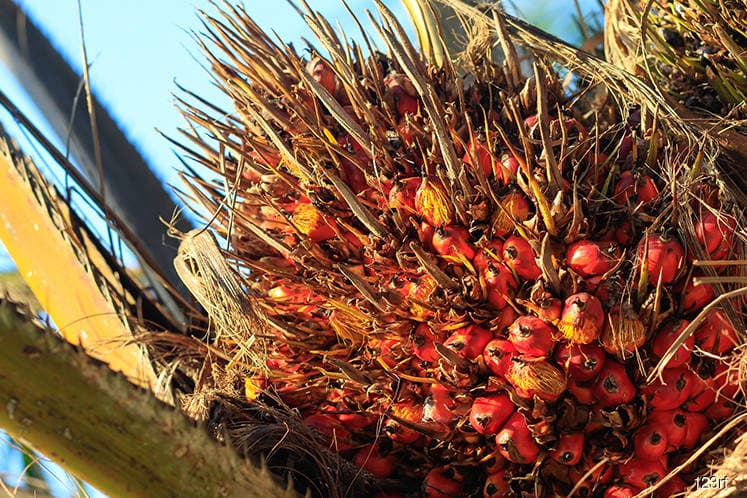
This article first appeared in The Edge Financial Daily on January 9, 2018
Plantation sector
Maintain neutral with a crude palm oil (CPO) price outlook of RM2,500 a tonne for 2018: The government has temporarily suspended export duties on CPO for three months starting yesterday. The implementation of this new policy is to reduce the current higher palm oil stocks and help support the CPO prices, which have fallen more than 10.7% to the current level of RM2,517/tonne since late-October. We are “positive” on the latest move, which will make our CPO exports more competitive and we believe it helps boost the CPO exports significantly. However, the move could be muted for the CPO price, which is currently under the pressure of high inventories and strengthening ringgit. We maintain our “neutral” stance on the plantation sector with a CPO price outlook of RM2,500/tonne for 2018.
The aim of lifting the export duties is to reduce the current high level of palm oil stocks and to help support the CPO prices. Nevertheless, the export tax suspension will be lifted before the three-month period if CPO stocks fall to 1.6 million per tonne from the current two-year high level of 2.5 million tonnes.
The new policy would benefit the upstream plantation players while the downstream players would experience higher input costs as they are not able to ask for a cut in CPO prices, ranging from RM100 to RM150 per tonne, when buying CPO from the upstream players. This will result in a temporary margin pressure on the downstream plantation players.
Though the new policy would benefit Malaysian CPO exporters, it would also trigger trade protectionism among countries. Indonesia, the world largest palm oil producer, might also roll out some incentives to undercut the CPO prices in order to push for their palm oil exports.
We believe the temporary suspension of palm oil export duty policy will give a boost to our palm oil exports amid the upcoming Chinese New Year celebration. Price-sensitive importers like India will likely import more while China, the second largest palm oil importer, will also lock in more orders as demand picks up ahead of Chinese New Year in February. — PublicInvest Research, Jan 8